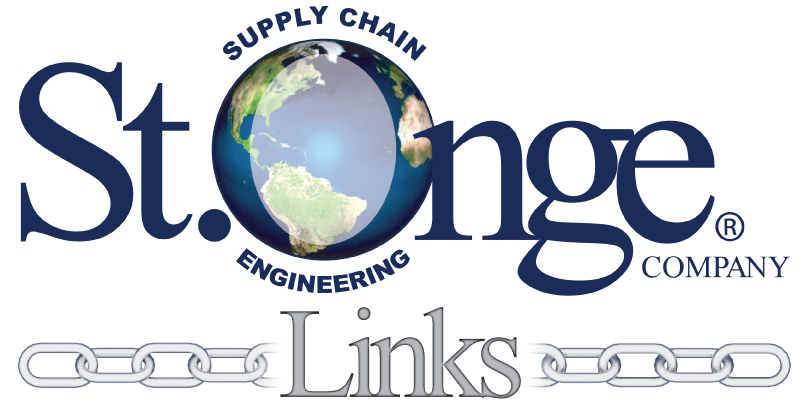 Strengthening your supply chain one link at a time.
Strengthening your supply chain one link at a time.
Before we begin, let me quickly explain why Incoterms® were created. ICC (International Chamber of Commerce) was founded in 1919 by a group of industrialists, financiers and traders who were determined to bring economic prosperity to a post-World War I era. With no global system of rules to govern trade, these businessmen created an industry standard that would become known as the Incoterms® rules in 1936. The Incoterms® rules are recognized by UNCITRAL (United Nations Commission on International Trade Law) as the global standard for the interpretation of the most common terms in foreign trade.
Let’s start with what Incoterms® are NOT. They are NOT the same as and do NOT dictate the
Are Incoterms® for international trade only? No. Originally, they were included in international sale contracts to describe the buyer’s and seller’s obligations and risks for import/export transportation. Over time, some countries also adopted them for domestic transportation use. By doing this, their companies benefited from one set of processes, system structure, and ship management across domestic and international transportation. In addition, this aspect is transparent from sales through delivery, making the company’s Supply Chain easier to manage.
What are Incoterms®? In layman’s terms, they are set of rules describing a buyer’s and a seller’s transportation responsibilities for the below.
How do you initiate Incoterms®? The sales contract must include three pieces of info; the 3-letter incoterm, the “named place” where the transfer of risk and responsibility of the goods occur, and the applicable Incoterms® ruleset (2010, 2020, etc.). These should be included on the appropriate shipping/ import/ export documentation as well. The “named place” should be as precise as possible so there is no ambiguity. For instance, it should be a physical address plus specific location info such as when at a
As you can see, Incoterms® is not a “light-weight” subject. Hopefully you have found this blog useful and it hasn’t put you to sleep!
Stay tuned for more blogs that continue to explore the transportation industry and systems.
–Jess Kittrell, St. Onge Company
Incoterms® and the Incoterms® 2020 logo are trademarks of ICC. Use of these trademarks does not imply association with, approval of or sponsorship by ICC unless specifically stated above. The Incoterms® Rules are protected by copyright owned by ICC. Further information on the Incoterms® Rules may be obtained from the ICC website iccwbo.org.